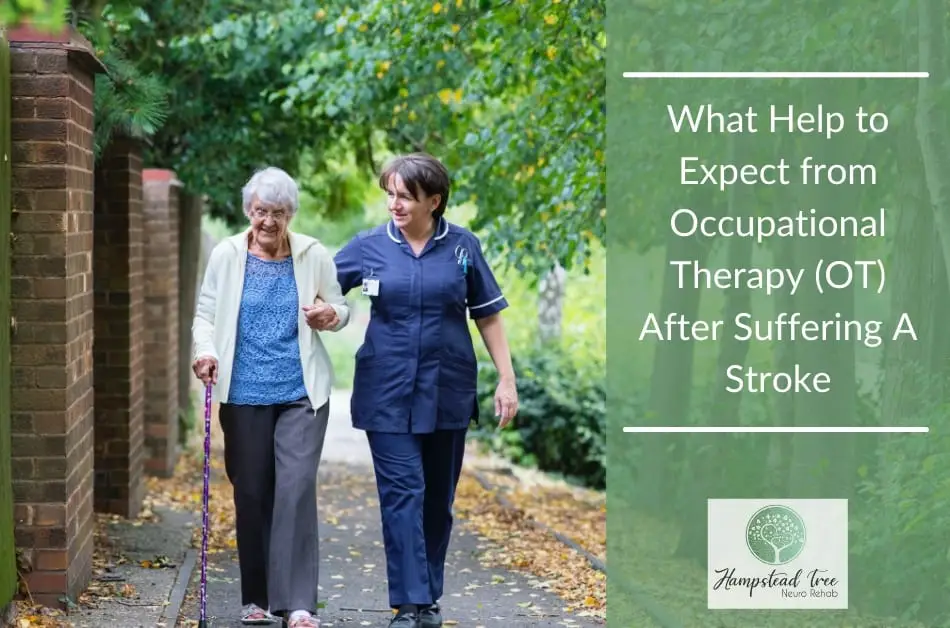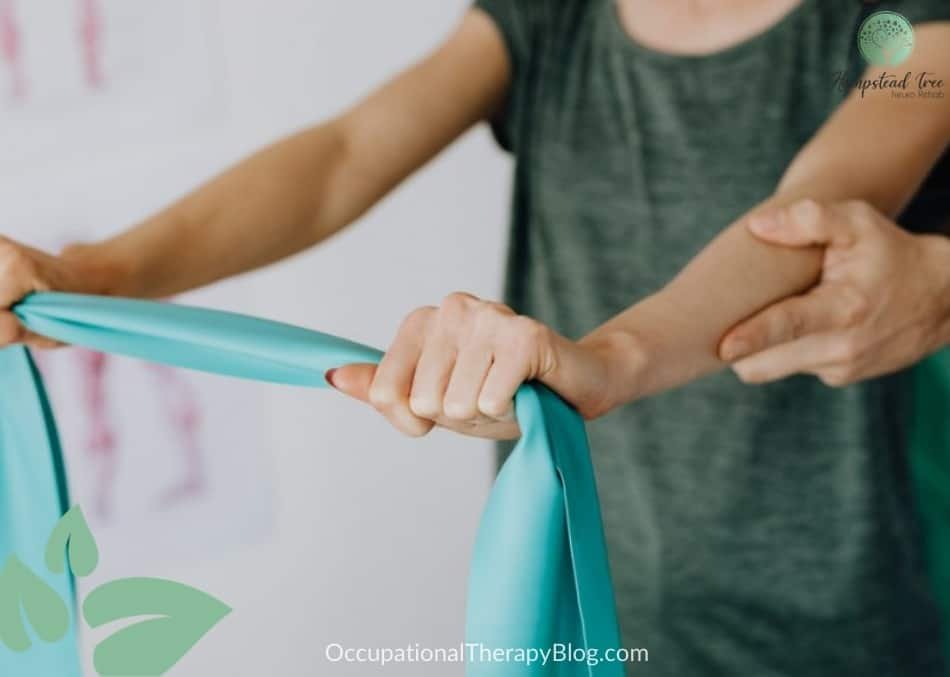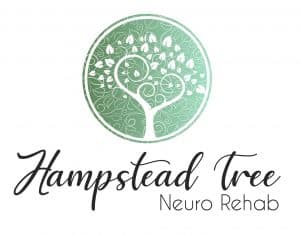
Occupational therapy (OT) is a profession that focuses on both health and social care. OT is a way for patients to have direct attention given to them from a professional occupational therapist to help improve the patient’s mental and physical health.
After suffering a stroke, occupational therapy is one of the tools patients use to recover both mentally and physically. Working with an occupational therapist can help the patient regain sensory and motor abilities and figure out how to best adapt to new challenges with the patient’s old lifestyle.
Below we will share what you should expect from occupational therapy after suffering a stroke.
What Happens During a Stroke?
A stroke takes place when a blood vessel responsible for carrying oxygen to the brain gets clogged or ruptures. When this happens, that means oxygen flow to the brain is cut off, and this results in the rapid death of brain cells.
There are several recognisable symptoms of someone suffering a stroke. The main symptoms to look out for are facial weakness or the face noticeably drooping to one side, arm weakness, and speech problems such as slurred or unclear speech can also occur.
These symptoms make up the FAST test:
- Facial Weakness
- Arm Weakness
- Speech Problems
- Time to call for help
If you see someone suffering from these symptoms, call 999 and contact medical help immediately.
How to Find an Occupational Therapist
After a stroke, it’s important to find an occupational therapist who will be able to fit the needs for rehabilitation based on the level of stroke the patient suffered. The easiest way to do this is to communicate with healthcare professionals at the hospital, and they will send you in the right direction.
You typically have two options when looking into an occupational therapist:
- One who works for the national health and social care services
- One who works privately
There will most likely be a wait for getting an appointment with those who work for the national health services. However, they do cost less than private OT’s. Private occupational therapists will likely have less of a wait but charge more for their services.
If you are looking for an occupational therapist without your healthcare professional’s help, there are ways to make this process easier. The Royal College of Occupational Therapists provides an online directory to find an OT that works best for you or for whomever you are searching.
How to Prepare
When preparing to visit an occupational therapist, it is very important to have a bit of a plan before going to the initial appointment.
The main preparation comes from discussing the areas in which you are having difficulties, how those problems are inhibiting daily life, and how it affects you and those around you. This will ultimately help your OT figure out how to help you best according to your needs.
With stroke patients, difficulties most often occur in the patient’s motor function and speech skills. Often times, OT also helps with the patient’s mental health as well.
What to Expect at Your First Visit?
Depending on what you will need to work on based on your health needs, this first visit will look a bit different for everyone.
For this first visit, your occupational therapist will most likely help you plan out some of the initial goals to set for therapy. This can include smaller tasks at first, such as preparing a snack. As growth occurs, these tasks can evolve into more difficult tasks based on your individual needs.
During this first visit, the following areas are going to be covered:
- Current strengths
- Current difficulties
- How you are currently managing daily activities
- Problems with sensation, vision, and perception
- Motor and speech skills
- Mental health after a stroke
This first visit will give your occupational therapist a basis for what your individual needs are and will make it easier to set up a process for recovery.

Adjusting to a New Lifestyle
After suffering a stroke, depending on the severity, the patient is going to see many changes in their everyday lifestyle. Occupational therapists are able to help with these changes and are there to help you overcome new challenges.
Often, your occupational therapist will visit your home early in the process to make sure that you are able to accommodate your new needs in your own home. OTs often advise their patient on how to make these changes as well as how to work with your employer and how they can support you.
Other than this, expect to see an occupational therapist every day for roughly 45 minutes, depending on your needs. Having therapy every day after a stroke is important as you need to regularly practice skills to gain them back over time.
Another big aspect of occupational therapy in relation to strokes is helping your family learn how to accommodate your new needs and look after your health. Strokes can be very inhibiting, physically, and mentally. Stroke patients require both a unique and difficult recovery process, so it is important your loved ones are well aware of how to handle it.
Physical Recovery Over Time
At first, you will learn how to overcome tasks that were once simple but now require significantly more effort to accomplish. As you spend more time with your occupational therapist, these tasks will get easier; however, new challenges will be presented.
Although some seem to be simple tasks such as making a cup of tea or getting dressed, they are still huge milestones in the grand scheme of stroke recovery. As you accomplish these goals, more difficult tasks will arise according to your needs, but they will seem easier as you are further along in the recovery process.
The physical part of the recovery process will be difficult, but depending on the severity of the stroke, many patients can regain back motor function with only minor impairments. Sometimes stroke patients can make a full recovery.
Mental Healing Over Time
Aside from gaining back physical mobility, there are a lot of mental aspects that your occupational therapist is going to help you with as well. As strokes affect the brain significantly, stroke patients will almost always have a mental health issue after suffering a stroke.
Some common mental health issues that can occur after a stroke include:
- Anxiety
- Confusion
- Depression
- Feelings of anger
- Memory loss
Occupational therapists are able to work with their patients based on what problems they are experiencing, as every patient is different. OT’s have special activities in order to help with some of the most common mental health problems after a stroke, such as memory loss.
Before going to your first visit, make sure that you are somewhat aware of the mental health issues you are experiencing, and try your best to communicate those problems with your OT.
To Conclude
Suffering a stroke is a difficult thing to process, and recovery is not easy. Occupational therapy is a way to make the healing process a bit easier for both the patient and their families. For the patient, their OT will help them regain motor function and help them with any mental health issues they may have obtained during or after the stroke. Occupational therapists also help the patient accommodate their new lifestyle based on their needs and help the family of the patient better understand what they will have to do to make these changes.
There is a lot to expect from receiving occupational therapy after a stroke, but it will be extremely beneficial on the road to recovery.
Content Disclaimer
The information contained above is provided for information purposes only. The contents of this Blog article are not intended to amount to advice, and you should not rely on any of the contents of this Blog article. Professional advice should be obtained before taking or refraining from taking any action as a result of the contents of this Blog article. OccupationaltherapyBlog disclaims all liability and responsibility arising from any reliance placed on any of the contents of this Blog article.


